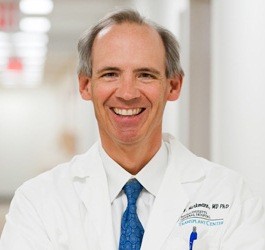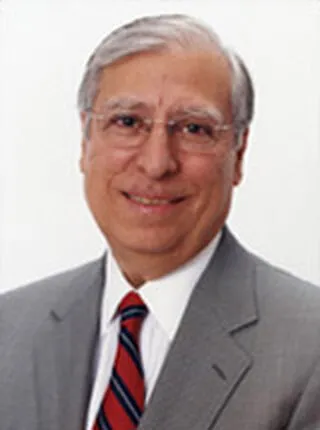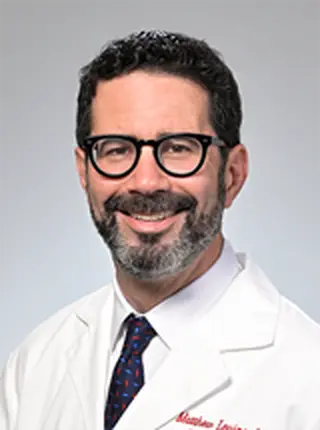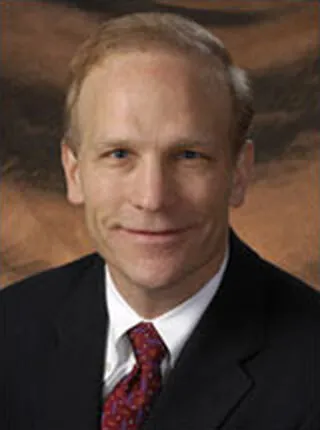Leadership

James Markmann, MD, PhD
Scientific Director
Dr. Markmann developed an interest in surgery and science while working in the Barker/Naji research lab at Penn as a summer student, just before entering LaSalle College. He then completed an MD, PhD at UPenn followed by a Penn Surgical residency and a Transplant Fellowship at UCLA. He returned to UPenn thereafter to join the liver transplant team with Dr. Shaked and Dr. Olthoff where he focused on liver, kidney pancreas and islet transplantation, and vascular access surgery. He performed the first laparoscopic kidney donor nephrectomies and later the first robotic donor nephrectomies in the Region. He also partnered with Dr. Naji to build the first clinical islet transplant program in the Region. In 2007, he relocated to MGH to head the Division of Transplant Surgery as the Claude E. Welch Professor of Surgery at Harvard Medical School. Throughout his career he has been widely involved in transplant research and has held continuous NIH funding for >25 years. His studies have focused on mechanisms of immune tolerance, cell-based therapies, and xenotransplantation. He has been involved in numerous societies and organizations and is the Past President of the International Pancreas and Islet Transplantation Society, and current President-elect of the American Society of Transplant Surgeons.
- Ali Naji, MD, PhD
- Edward Cantu III, MD, MSCE
- Jason Christie, MD, MSCE
- Matthew Levine, MD, PhD
- Kenneth Marguiles, MD
- Rebecca Wells, MD
Advisory Committee
-
Read More about Ali Naji, MD, PhD
Ali Naji, MD, PhD
Chair
Ali Naji, MD, PhD Website
At the translational level, Dr. Naji's studies have focused on mechanisms regulating the maintenance and loss of immune tolerance to tissue specific antigens in autoimmune diseases and transplantation
-
Read More about Edward Cantu III, MD, MSCE
Edward Cantu III, MD, MSCE
Edward Cantu III, MD, MSCE Website
Dr. Cantu studies Ex-Vivo Lung Perfusion
-
Read More about Jason Christie, MD, MSCE
Jason Christie, MD, MSCE
Jason Christie, MD, MSCE Website
Dr. Christie's career is focused on translational research studies of the risks, pathogenesis, treatment, and outcomes of acute lung injury in the transplant and non-transplant human populations. His research integrates new knowledge generated from bench studies with epidemiology approaches in well-phenotyped, large human populations to generate new definitions of human syndromes, improved diagnostics and prognostics, and targeted therapy approaches in advanced lung diseases and critical illness.
-
Read More about Matthew Levine, MD, PhD
Matthew Levine, MD, PhD
Matthew Levine, MD, PhD Website
Dr. Levine's reseach pertains to the role of regulatory T cells (Treg) in transplantation tolerance induction. He is also investigating the roles of histone deacetylases (HDACs) and heat shock proteins (hsps) in the tolerance of and recovery from ischemia-reperfusion injury in a murine model.
-
Read More about Kenneth Marguiles, MD
Kenneth Marguiles, MD
Kenneth Marguiles, MD Website
Dr. Margulies' research examines mechanisms of myocardial remodeling to identify targets for therapeutic interventions. His lab has a longstanding focus on load-dependent myocardial remodeling encompassing studies of both physiologic and pathologic adaptation.
-
Read More about Rebecca Wells, MD
Rebecca Wells, MD
Rebecca Wells, MD Website
Dr. Wells' research focuses on the mechanisms of liver fibrosis by studying the matrix, mechanical, and soluble factors that influence fibrosis, including the activation of myofibroblast precursor populations.







